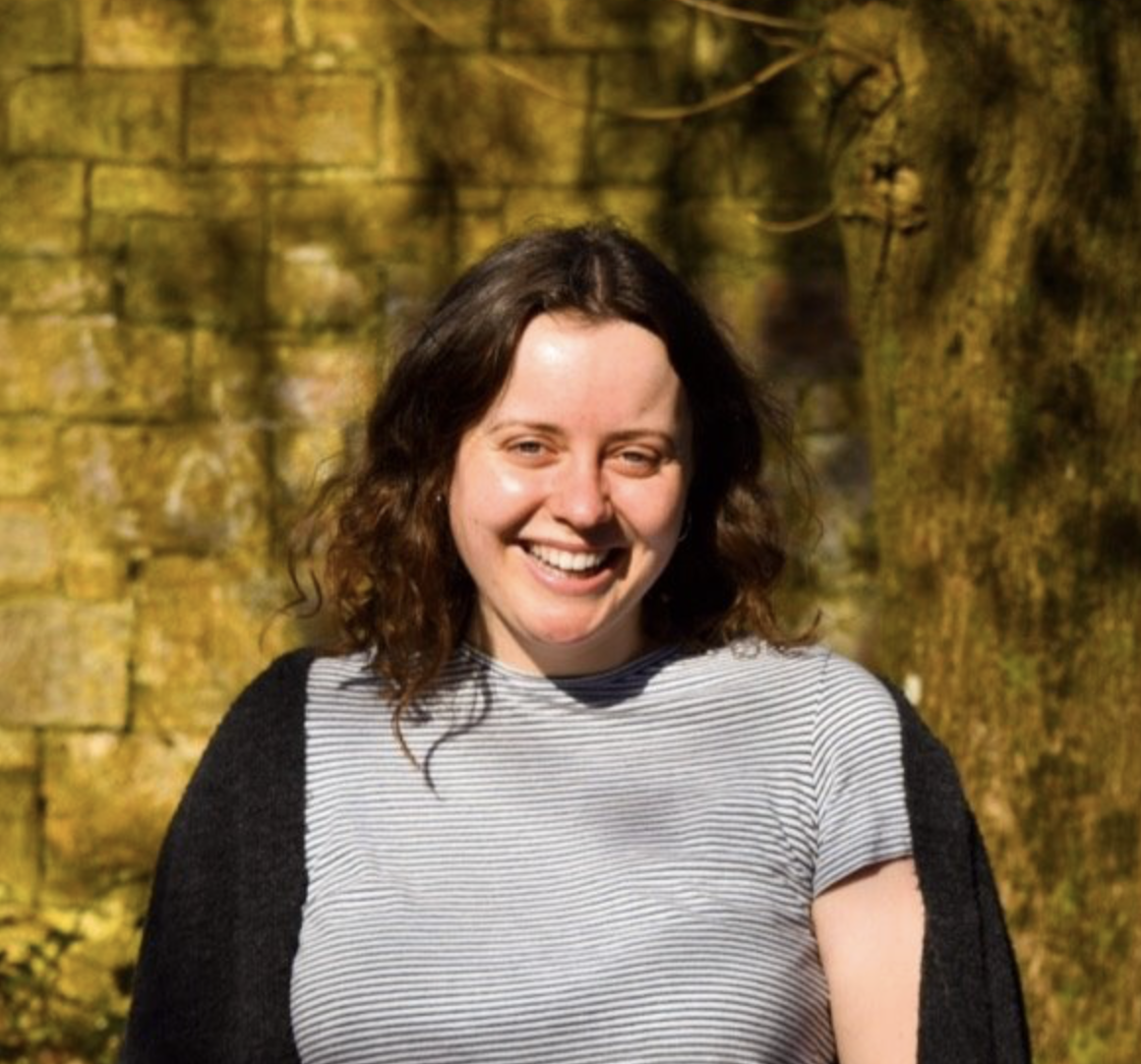Young Playwright Interviews: Lauren Rachel Asher
In our final interview of 2020’s Young Playwrights, we hear from Lauren Rachel Asher.
Why did you decide to join the Young Playwrights Programme?
How did you feel about sharing your work with other people when you began the programme? How has that changed?
At the beginning of the programme, the very thought of sharing anything I had written with others was something that filled me from head to toe with dread and sheer fear. I vividly remember the first workshop we had with Oliver Emmanuel, where he asked us to share an idea we had developed based on a news article about a group of young boys who had been shipwrecked. I couldn’t focus on anything other than the fact I would have to share my thoughts – something I didn’t feel ready or able to do. But I did. And, had it not been for the push to do that within the workshop, I think I would still be much more reserved about sharing my work than I am now. Don’t get me wrong, it still fills me with fear and apprehension, sending my thoughts and ideas to others, but I no longer have the sense of dread that I did only ten months ago. From working with such incredible theatre professionals, I’ve learned that a little anxiety over sharing your work isn’t just healthy, but it’s actually the norm in the theatre industry.
What part of Young Playwrights did you find particularly useful or inspiring?
All of the
workshops were inspiring and so useful, but I think for me, the workshop on
verbatim theatre with Mariem Omari was a real turning point. Prior to that, I
had found it challenging to come up with characters and plots that felt
‘right’, and it was during this workshop that I found my style. I’ve said
before that words inspire me, but I realised during the workshop, that it is
more than that – it is the words of other people. It is the way they speak and
talk and laugh! I realised that it is okay to find your inspiration in the
everyday stories of individuals and this is something that has stayed with me
since and has heavily influenced my final piece.
The piece I
have now, is radically different from the one I started off with – it has been
cut up and stuck back together, re-written more times than I can count, and
although it is still based on my interviews, it has developed a character and
plot of its own; something I never imagined I would be able to achieve.
Did you find your voice?
Not only am I
leaving the programme with connections, information, advice and new-found
confidence, but I am also leaving with a voice and writing style of my own. I
know what I want to say and now have the experience to be able to say it. I
think the most exciting part of the programme hasn’t been the experience
itself, but where this experience takes me next. I can’t wait to continue to
develop my writing style and technique to share my perspective on the world
with others and that is not something I ever thought I would say ten months
after starting out on this programme.
In what way do you think the support of the Bunbury Banter team was helpful to you?
Bunbury Banter are unlike any other theatre company I have ever worked with. From my stage-management experience and working on professional productions, I have come into contact with several companies and none has ever been able to provide the opportunities, mentorship and support that Bunbury Banter have. They are more than a theatre company; they are a family of creatives working to keep the arts alive in the next generation – something that is needed now more so than ever! Without their support, there is no doubt in my mind that I would not have the confidence to share my work with others, much less write a play to be performed in front of theatre professionals! They do not get enough credit for their hard-work, dedication and drive to bring the arts to young people in rural Scotland!
Do you hope to work in theatre in the future?
Now that I have
started writing, I don’t ever want to stop! I don’t know what the future holds
or in what ways I will continue to be involved in the theatre industry, but one
thing is for sure, I will be involved. This programme has shown me that if you
have something to say you need to say it, and I hope that I can continue to
share my thoughts with others through playwriting.
What advice would you give to someone considering joining the Young Playwrights Programme in the future?
If you are
dithering about whether or not to apply to the programme, don’t. I know it’s
daunting, and seems frightening at first, but you will not regret it! It can be
challenging, full-on and at times scary, but it is so so worth it!
Images courtesy of Lauren Rachel
Asher
Interview by Claire Watts








Comments
Post a Comment